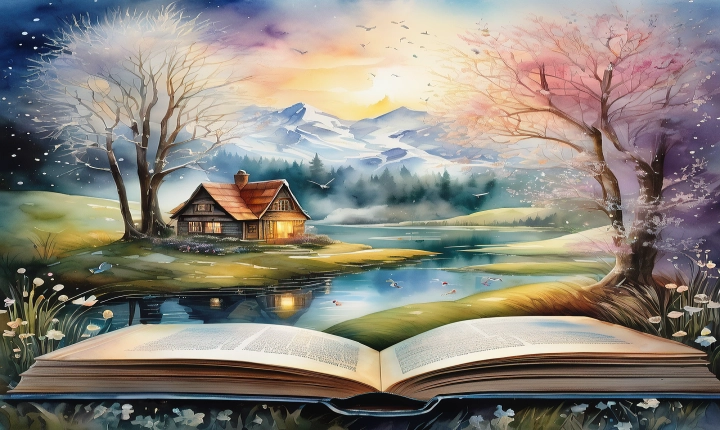Can ChatGPT Help Write a Book?
As technology continues to advance, one area that has seen significant development is natural language processing. This has led to the creation of tools like ChatGPT, an AI model developed by OpenAI. With its ability to generate human-like text, many are wondering: can ChatGPT actually help write a book?
The idea of using artificial intelligence to assist in writing may sound intriguing, but it also raises questions about the extent to which a machine can truly contribute to the creative process. Writing a book involves a multitude of creative decisions, from character development and plot structuring to crafting a unique voice and style. Can ChatGPT, or any AI for that matter, truly capture and contribute to these intricate aspects of writing?
On the surface, ChatGPT can indeed be used to generate ideas, provide inspiration, and assist in refining prose. Writers can use it to generate initial drafts, explore different narrative directions, or overcome writer’s block. The AI’s ability to churn out text based on various prompts can serve as a valuable brainstorming tool.
Moreover, ChatGPT can assist in research and fact-checking, providing writers with quick and accurate information on a wide range of topics. This can be particularly useful in non-fiction writing, where accuracy and thoroughness are essential.
However, it’s essential to recognize the limitations of AI in the creative domain. ChatGPT operates based on patterns and data it has been trained on, lacking a true understanding of human emotions, subtle nuances, and cultural contexts. While it can generate coherent and grammatically correct text, it may struggle to capture the depth of human experience and emotion that is often central to compelling storytelling.
Furthermore, the reliance on ChatGPT may lead to a sense of over-reliance on artificial intelligence, potentially hindering the development of a writer’s own voice and creativity. It’s vital for writers to retain a sense of authorial control and not rely solely on the AI to craft their narrative.
Ultimately, the best approach may be to view ChatGPT as a helpful tool rather than a replacement for human creativity. Writers can leverage the AI’s capabilities to streamline certain aspects of the writing process, while still maintaining their own creative agency.
In conclusion, while ChatGPT can certainly assist in certain aspects of the writing process, it’s important to approach its use with discernment. The balance between harnessing the AI’s capabilities and preserving a writer’s unique vision and voice is crucial. With the right approach, ChatGPT can be a valuable ally in a writer’s toolkit, contributing to the creation of a book while still acknowledging the irreplaceable role of human creativity in the craft of storytelling.
